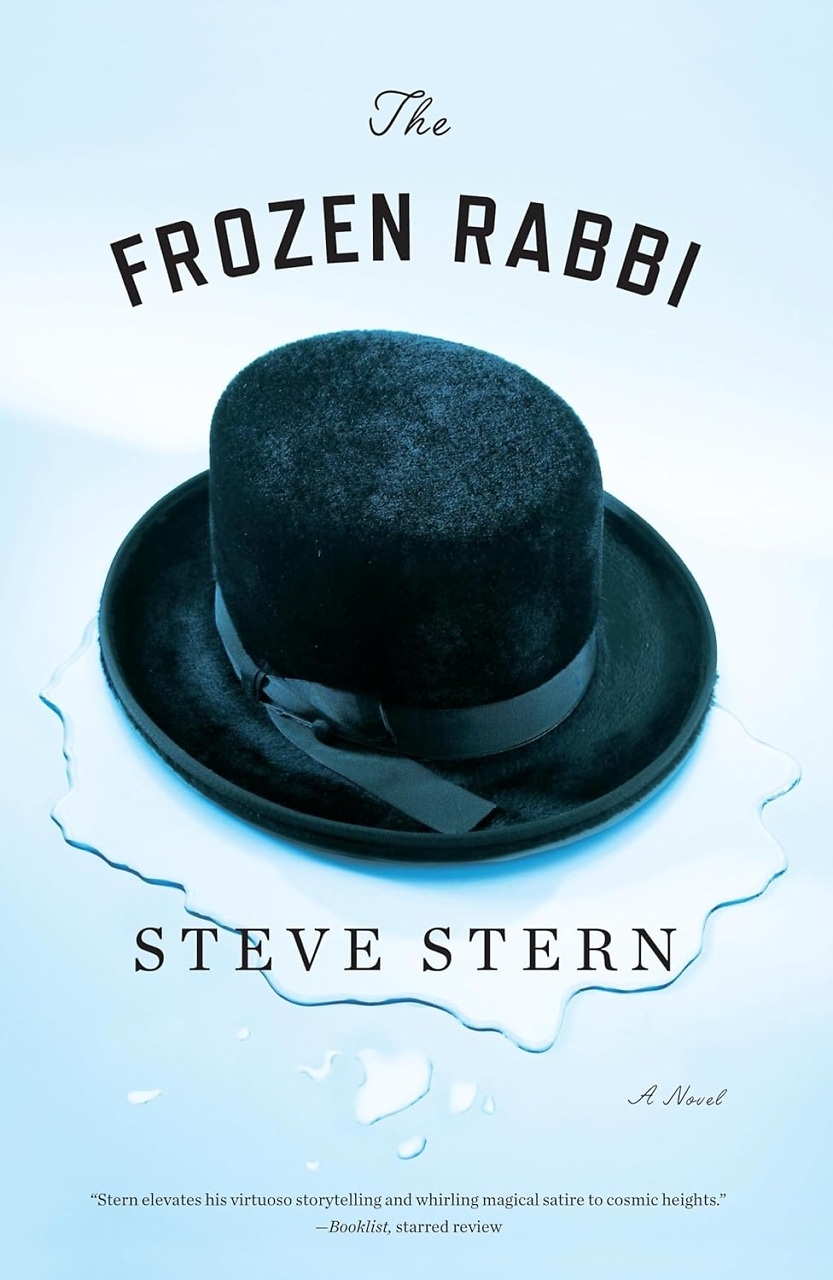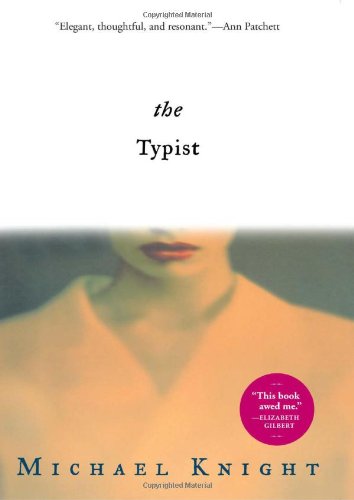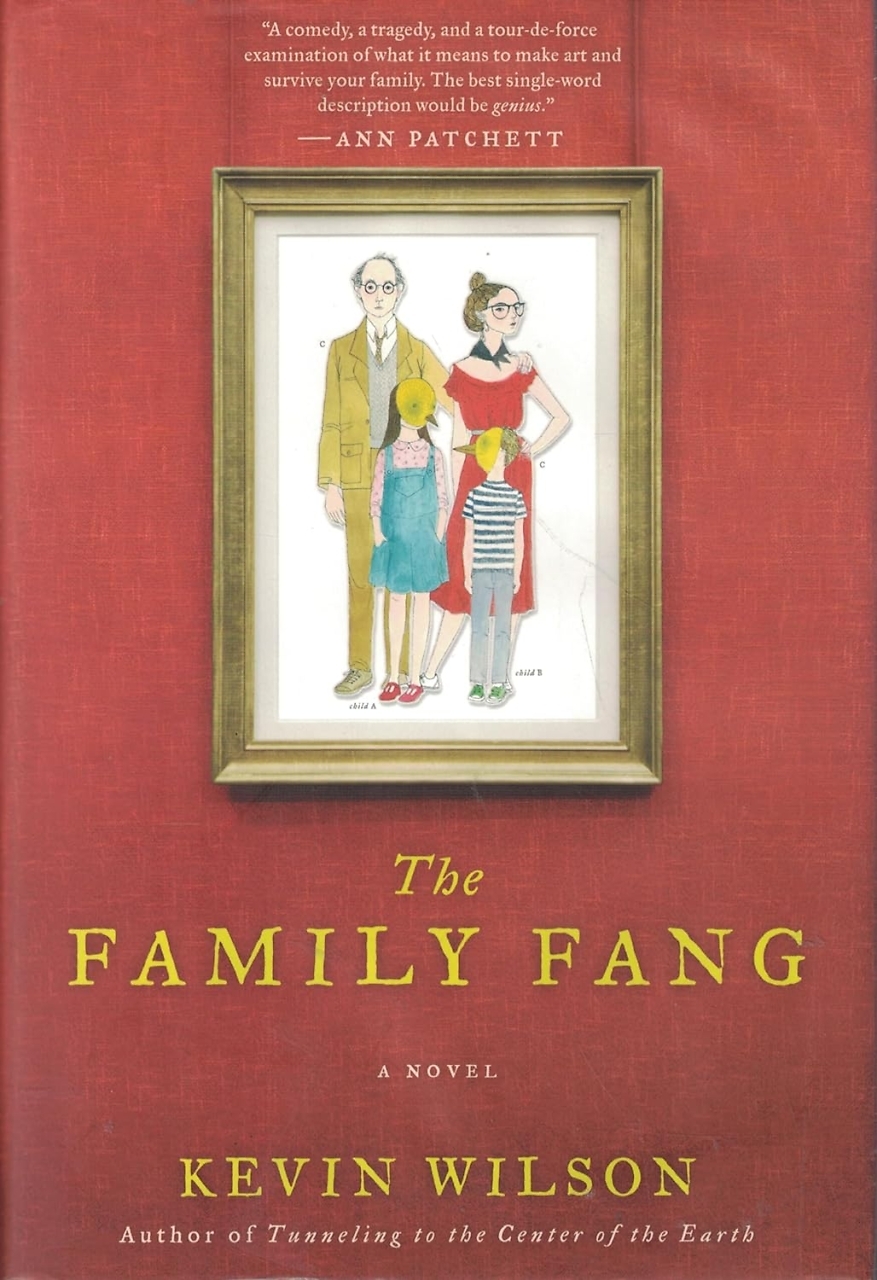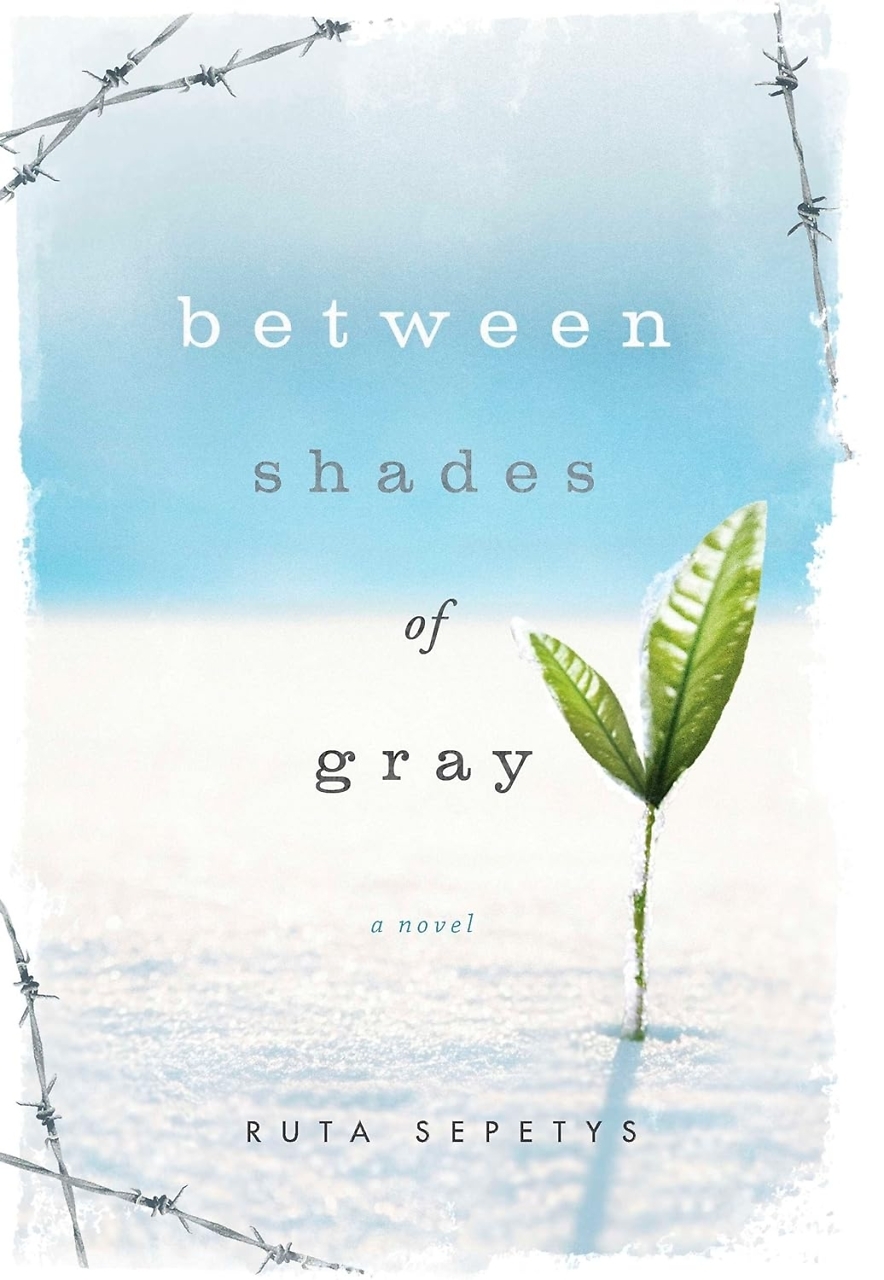Arguably every year is a memorable year for weather in Tennessee, but 2010 and 2011 were especially rough. Middle and West Tennessee suffered devastating flooding in May 2010, with the Nashville area especially hard-hit. (You can find a collection of first-person essays about the flood here.) The spring of 2011 brought dramatic flooding along the Mississippi River, with major impacts on Tennessee’s western border. In Memphis, the river reached its highest point in decades.
 Even as we fought with Mother Nature, there was good news in the literary realm, especially for fiction. This installment of the 50 Books / HT50 series is entirely devoted to novels and features two deftly comic tales, a searing depiction of Stalin’s gulag, a finely wrought drama set in occupied Japan, and an Appalachian story of beauty, climate change, and personal evolution.
Even as we fought with Mother Nature, there was good news in the literary realm, especially for fiction. This installment of the 50 Books / HT50 series is entirely devoted to novels and features two deftly comic tales, a searing depiction of Stalin’s gulag, a finely wrought drama set in occupied Japan, and an Appalachian story of beauty, climate change, and personal evolution.
Learn more about the 50 Books / HT50 project here, and go here to see all the project posts to date.
The Frozen Rabbi by Memphis native Steve Stern is partially set in the city’s historically Jewish neighborhood, the Pinch. The novel is featured in a 50 Books / HT50 essay. (Algonquin Books, 2010)
The Typist by University of Tennessee, Knoxville English professor Michael Knight tells the story of a young typist in General MacArthur’s headquarters in post-WWII occupied Japan. (Atlantic Monthly Press, 2010)
The Family Fang, the debut novel by Sewanee writer Kevin Wilson, is the quirky, comic tale of a dysfunctional family of performance artists dedicated to creating chaos. (Ecco, 2011)
Between Shades of Gray by Nashvillian Ruta Sepetys — the author’s debut YA novel — depicts Stalin’s gulags through the eyes of a 15-year-old Lithuanian girl. (Philomel, 2011)
Flight Behavior by Barbara Kingsolver is set in rural East Tennessee, where an extraordinary visitation of monarch butterflies signals an ominous future for the planet and a fateful decision for an unhappy young woman. (HarperCollins, 2012)
"Rummaging through the family deep freeze, fifteen-year-old Bernie Karp finds pork tenderloins and an ancient rabbi frozen in a block of ice. The rabbi’s journey from nineteenth-century Poland to freezer and beyond—and his effect on those he meets—is the stuff of Steve Stern’s latest novel, 'The Frozen Rabbi ,' a hilarious, poignant romp through the Jewish diaspora to the very firmament itself." ~ Paul V. Griffith for Chapter16.org, June 9, 2010
"'The' Typist encompasses a variety of richly drawn characters, themes, and emotions typically associated with much longer, denser, more ostensibly 'ambitious' novels. In this small book, Knight ... manages to veer through a variety of complications involving love, betrayal, black-market intrigue, and political maneuvering, all set against the backdrop of Japan’s national humiliation during the occupation years following World War II." ~ Ed Tarkington for Chapter16.org, December 29, 2010
"Beyond its smart comedy and deft style, the chief pleasure of this novel lies in its portrait of the Fangs as a family, in all their flamboyant dysfunction. Wilson makes them real people with recognizable emotional lives, in spite of their unlikely obsessions and predicaments. Their relationships with each other are driven by the same volatile mix of love, dependence, and resentment that exists in all families." ~ Maria Browning for Chapter16.org, September 1, 2011
"This is not a book for the faint of heart. Sepetys does not shy away from harsh truths; in the frigid dark of a brutal work camp located well north of the Arctic Circle, who survives and who perishes has as much to do with luck as it does with loyalty, strength of character, kindness, or even love. ... It is, nevertheless, an invaluable testament to a ghastly chapter in twentieth-century history and should become required reading for students of World War II, who deserve to know the story of Stalin’s victims as surely as they do those of Hitler." ~ Fernanda Moore for Chapter16.org, March 21, 2011
"Kingsolver’s epic 1998 novel, 'The Poisonwood Bible,' offers a profound inquiry into the nature of faith and the meaning of family. At its core, 'Flight Behavior 'asks another fundamental question, one that applies equally well to the plight of the monarchs, Dellarobia’s personal crisis, and the fate of the planet: 'Where will they go from here?'” ~ Sean Kinch for Chapter16.org, November 19, 2012

Humanities Tennessee is the state affiliate of the National Endowment for the Humanities (NEH). Founded in 1973, we continue to develop ways to connect, learn, and grow as a community.
 Even as we fought with Mother Nature, there was good news in the literary realm, especially for fiction. This installment of the 50 Books / HT50 series is entirely devoted to novels and features two deftly comic tales, a searing depiction of Stalin’s gulag, a finely wrought drama set in occupied Japan, and an Appalachian story of beauty, climate change, and personal evolution.
Even as we fought with Mother Nature, there was good news in the literary realm, especially for fiction. This installment of the 50 Books / HT50 series is entirely devoted to novels and features two deftly comic tales, a searing depiction of Stalin’s gulag, a finely wrought drama set in occupied Japan, and an Appalachian story of beauty, climate change, and personal evolution.












